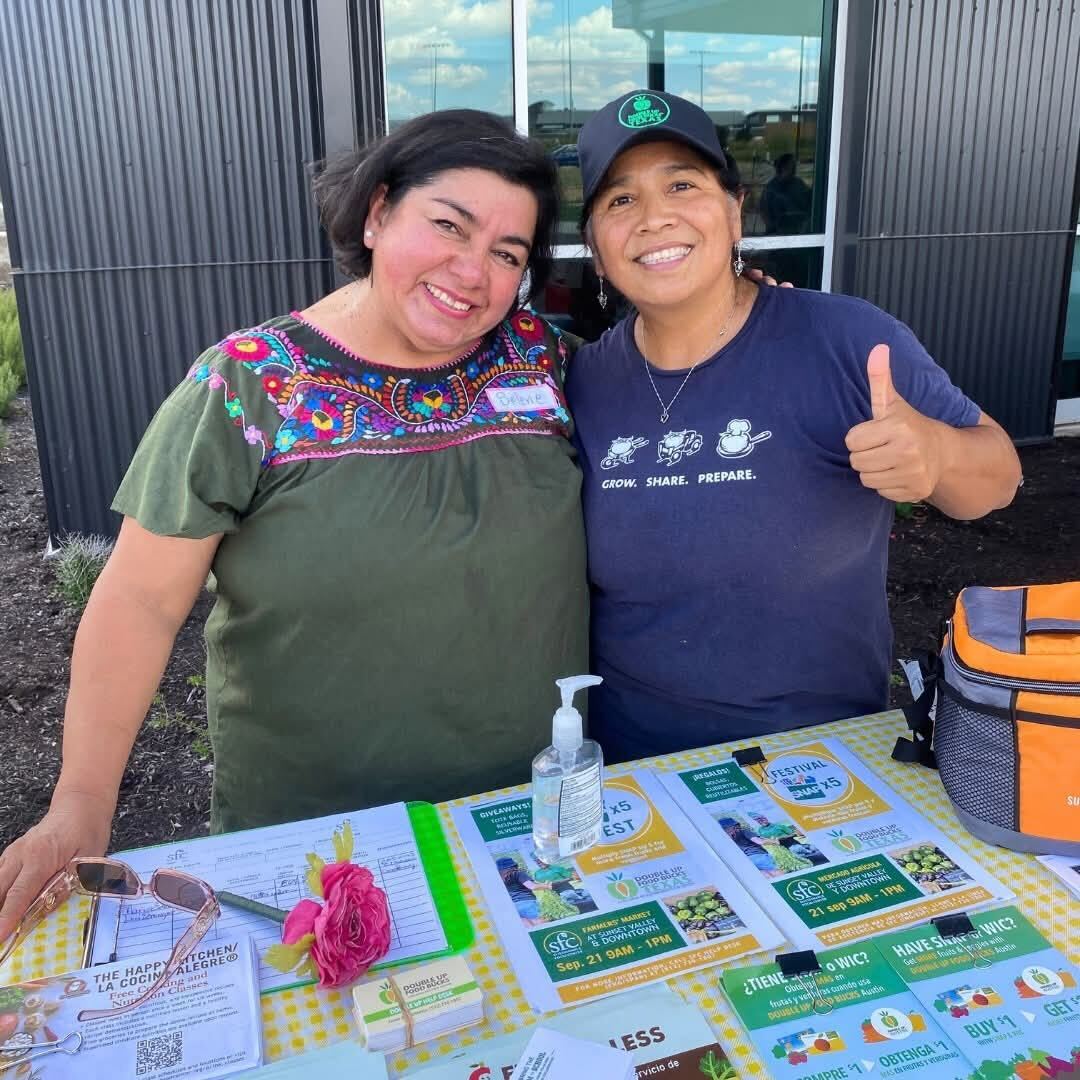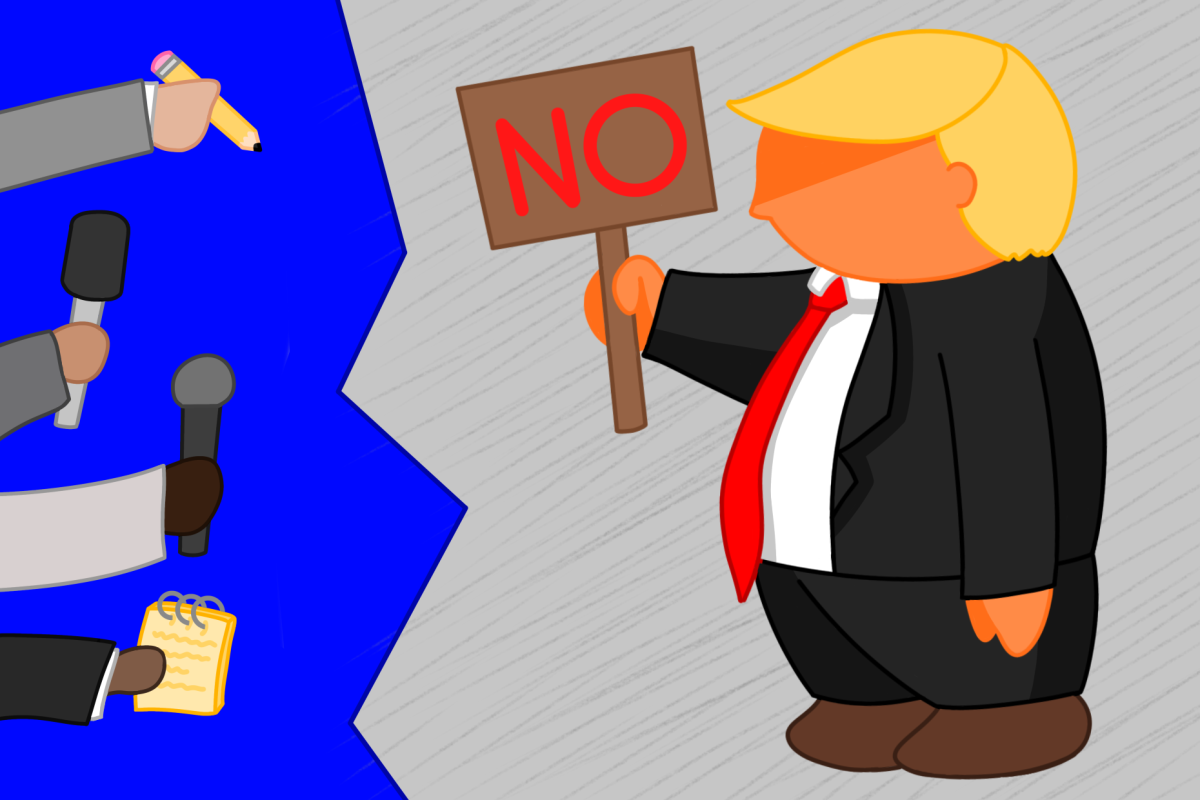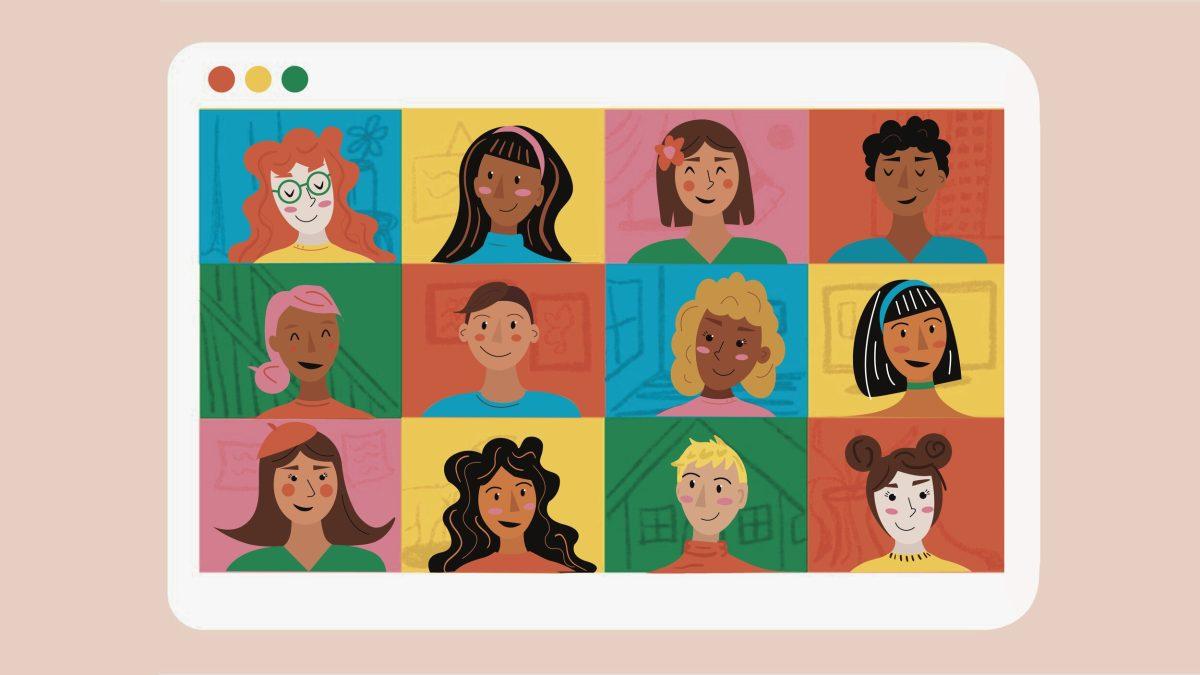Story by Dina Barrish // @dinabarrish // she/her
Graphic by Nicole Ransom // @nicole_ransom // she/her
They had never met before. He walked up to her at his fraternity’s tailgate. After an obligatory exchange of “hey” and “what’s up,” he made his move.
“He said, ‘you have princess’s hair,”’ Plan II and management information systems junior Rachel Schlesinger said. She was a freshman at the time. “I was confused, like, is he hitting on me? That’s just a really weird thing to say.”
Later that weekend, the two went to a party for Plan II students. They talked for hours, just getting to know each other—being themselves, no strings attached. Since that day three years ago, they’ve remained best friends.
“When I’m meeting someone for the first time, confidence is key, even if I don’t feel [confident],” Schlesinger said. “I try to make people laugh … sometimes I fail, sometimes I succeed.”
Like Schlesinger, all UT students have had to navigate first impressions of some variety — their first time meeting a friend, first interview, or first class. With COVID-19 and the rise of today’s virtual world, a whole new brand of first impressions emerged, encouraging students to think about the ways they present themselves.
“I’m definitely more uncomfortable talking to someone over a screen than I am in person,” business honors and Spanish freshman Kate Woodhouse said. “You can only see from the shoulders up, so you can’t tell whether their body language is closed off or open.”
Woodhouse said that sometimes, virtual first impressions happen by accident. She was sitting on her bed one Monday evening as her roommate joined her first Zoom call for faculty and peer-advising with a group of 10 other students.
“I made a comment to myself, ‘Oh shit, gotta get my headphones,’” Woodhouse said.
Her roommate was unmuted. Everyone on the Zoom, including the faculty advisor, heard what Woodhouse said.
“The whole group stopped talking and listened to me for a second,” Woodhouse said. “It was pretty embarrassing, but it was also really funny.”
Unlike Woodhouse, public relations freshman Munji Nafor said it’s easier to make successful first impressions on Zoom than in person.
“(On Zoom), people aren’t predisposed to anything that might make them not like you, like body or style,” Nafor said. “If you’re plus size, for example, it can be really hard to make a good impression on others because our society is very fatphobic. If you have something that you’re insecure about, you don’t have to show it over Zoom.”
Nafor said she gauges whether she made a good first impression by determining if she ‘impressed’ the person or group of people—if people recognize her as being extraordinary in some way.
“My best first impression was in my meditation club,” Nafor said. “One of the club presidents said that I should heavily, heavily, heavily consider being a writer because whenever I speak, it seems as though I am taking my audience to where I’ve been before. And the rest of (the club) agreed.”
Sociology junior Dorothy Isgur said that she makes her own best first impressions for a very particular demographic: UT parents. As president of the campus Hillel Foundation, a center for Jewish students and families, Isgur deals with concerned mothers and fathers every day. When a mother called the foundation saying that she was worried about her son because he had recently visited the hospital and wasn’t answering his phone, Isgur knocked on his dorm room door to make sure he was okay.
“He was like, ‘what the **** are you doing,’” Isgur said. “I thought he’d be really thankful — that it would be funny, but he was not cool with it. He also came to the door in his underwear, which was so awkward… I regretted doing that, but at the same time, I was trying to be helpful.”
Whether the beginning of a lasting friendship, an unmuted mishap, compliments from a club, or a favor for a parent gone wrong, Schlesinger, Woodhouse, Nafor and Isgur all agree that the essential aspect of a first impression is to be yourself.
“Make eye contact, speak loudly and clearly, and start conversations,” Schlesinger said. Default to being a good person.”












































